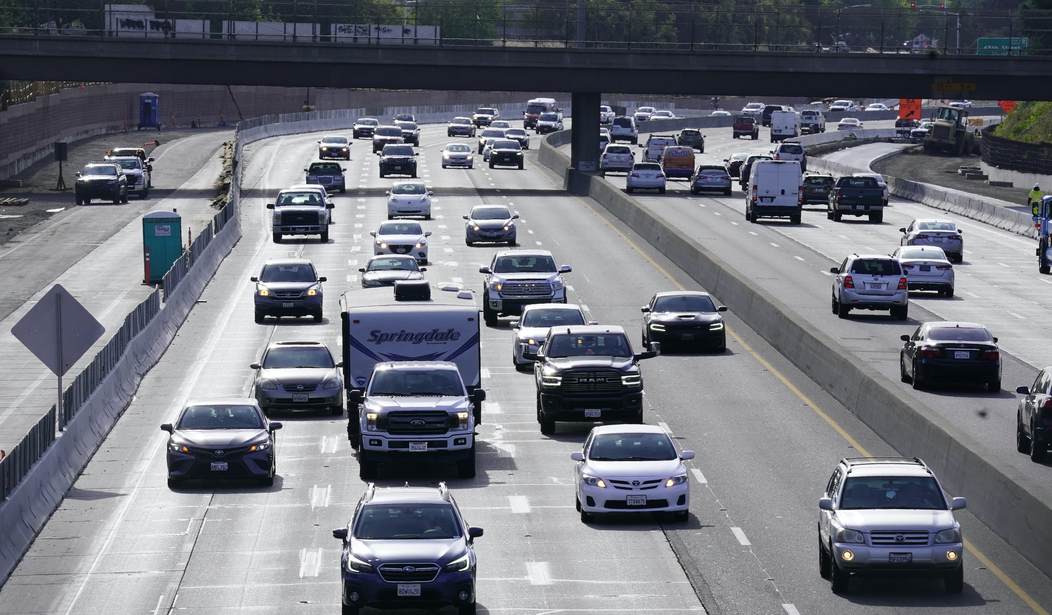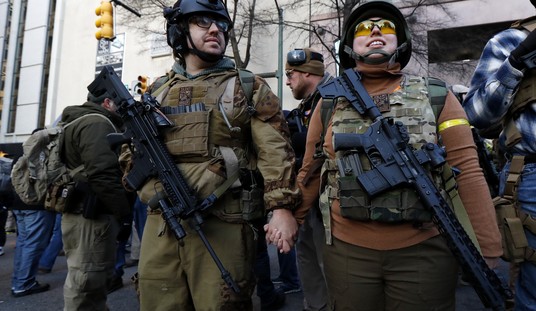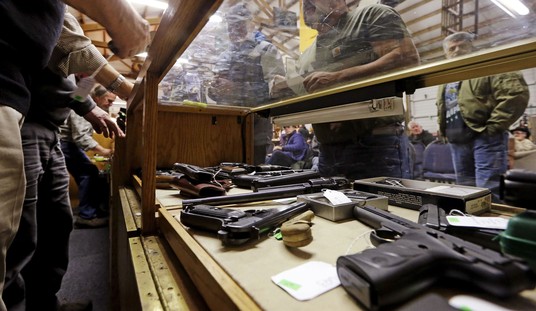It's an odd question stemming from an equally strange case, but that's the question the Minnesota Supreme Court will soon answer after hearing oral arguments on Monday.
Back in 2022, a guy named Kyaw Be Bee was arrested for the misdemeanor charge of carrying a BB gun, rifle, or shotgun in a public place after police discovered a BB gun underneath the driver's seat of Bee's car. The deputy had become suspicious of Bee and another man when he spotted them standing near a vehicle in a parking lot around 2 a.m. Bee and his companion strolled back to their own vehicle when they became aware of the deputy, and once they drove away the deputy pulled them over, which is when he discovered the BB gun.
Bee's attorney argued in a pre-trial hearing that a private vehicle should not be considered a public place and a judge agreed; dismissing the misdemeanor charge after reasoning that a private vehicle is not a public place, even when it's on a public road.
Prosecutors appealed that decision and the Minnesota Court of Appeals found in their favor, ruling that private cars on public roads should be considered public spaces. Bee's attorneys then appealed to the state Supreme Court, which heard from both sides yesterday.
“To focus the law on the method of transportation upon a public roadway, instead of the geographic area of the roadway itself, ignores the clear statutory text, renders portions of the statute ineffective, leads to absurd results and is therefore not reasonable,” Saint Paul city attorney Lyndsey Olson, who argued for the state, told justices Monday.
However Drake Metzger, an attorney for Bee, said the statute is “unambiguous” about what makes a space public.
The law defines public space as "property owned, leased, or controlled by a governmental unit and private property that is regularly and frequently open to or made available for use by the public."
Lawmakers included exceptions for hunters; target shooters; people's homes or business; and gun shows and shops.
What the law doesn’t address is whether or not a private vehicle is considered a public place; it simply says that if a gun is being transported in compliance with the law, the statute does not apply.
“At the end of the day, the inside of a motor vehicle is not a public space under this definition,” Metzger said Monday.
Metzger also argued that his client could have been charged with carrying without a license based on how the BB gun was stored in the vehicle, but accusing Bee of having a gun in a public place when it was in his car just doesn't make sense given the language of the statute.
Olson, arguing for the state, saw it differently.
“I don’t think that this is saying that being in a motor vehicle inherently means that you’re in a public place,” Olson said. “It depends on the geographical place that the vehicle is on.”
Bee could have been charged with another crime as well, Olson said, public safety is at the root of gun laws.
“The consequences of a particular interpretation excluding vehicles on public roadways from public space could risk public safety by allowing the gun possession within vehicles without restriction,” she said.
The problem with Olson's argument, at least from my perspective, is that it requires "interpreting" the statute instead of simply reading and adhering to the text. As Metzer says, the law in question defines what constitutes a public space, and while it does include some private property, that property must be "regularly and frequently open or made available for use by the public". Your car, my truck, and (presumably) Bee's vehicle aren't open for use by the public, even when they're on a public road, so how could they reasonably be considered public spaces?
Even if the Minnesota Supreme Court finds in favor of Bee (which, given the makeup of the court, is probably unlikely), as his own attorney pointed out, the state could still have charged Bee with improper storage of the BB gun. Whether that statute is constitutional under the text, history, and tradition of the Second Amendment is another question for another day, but when it comes to the question of whether a private vehicle is a public space, I think the answer is and should obviously be "no."









Join the conversation as a VIP Member